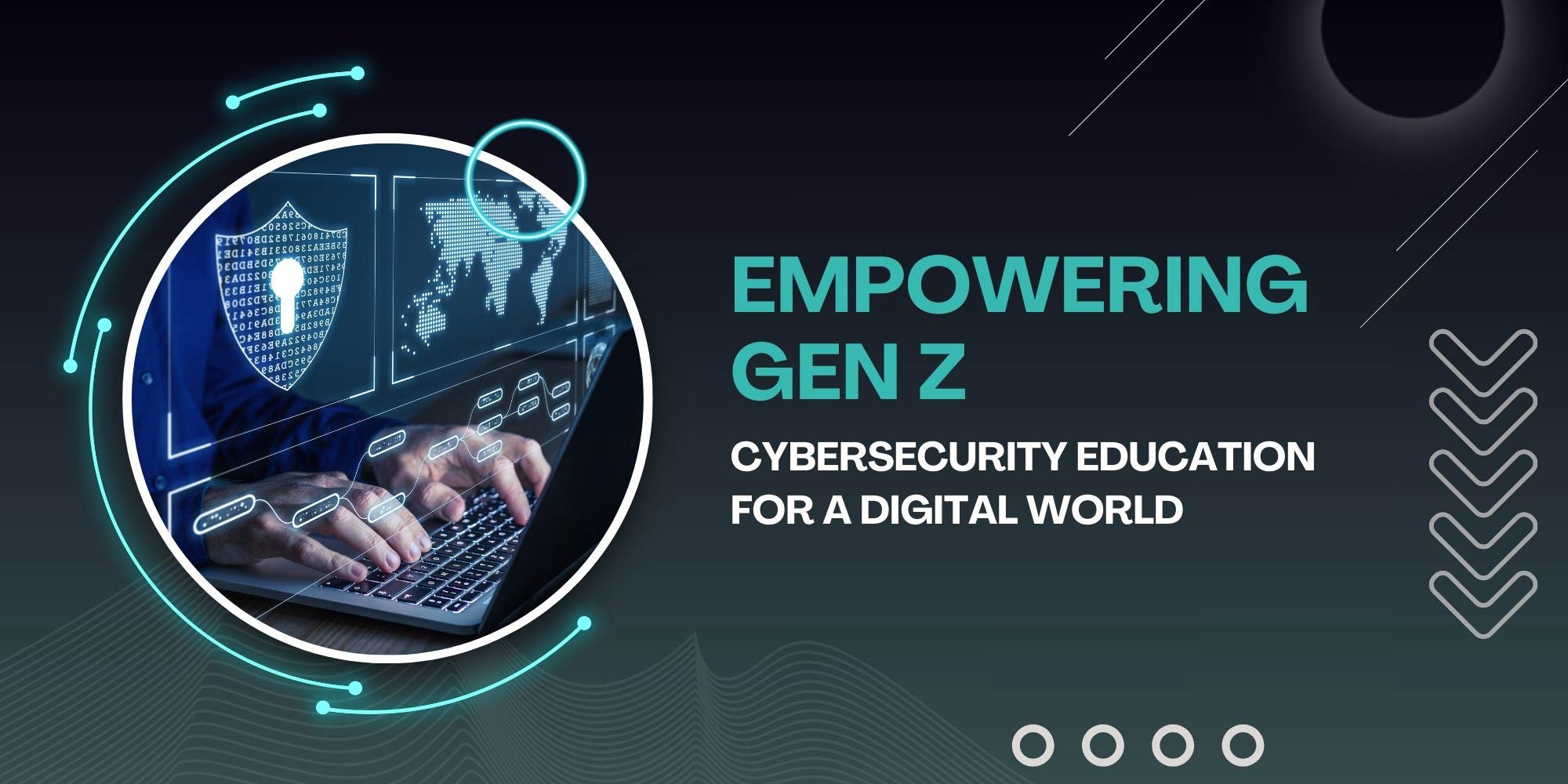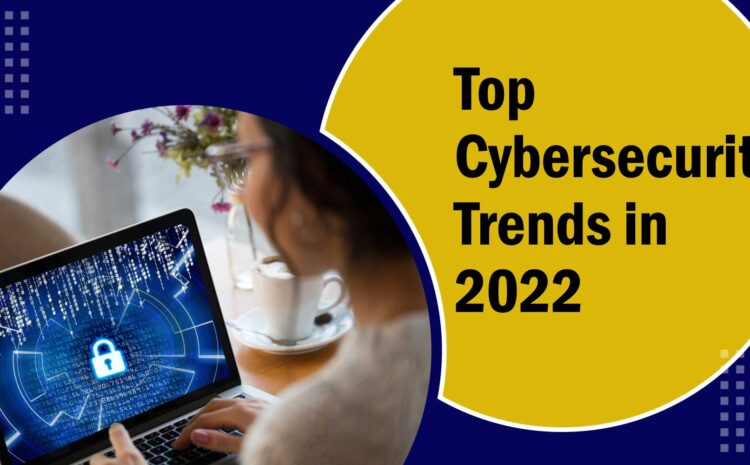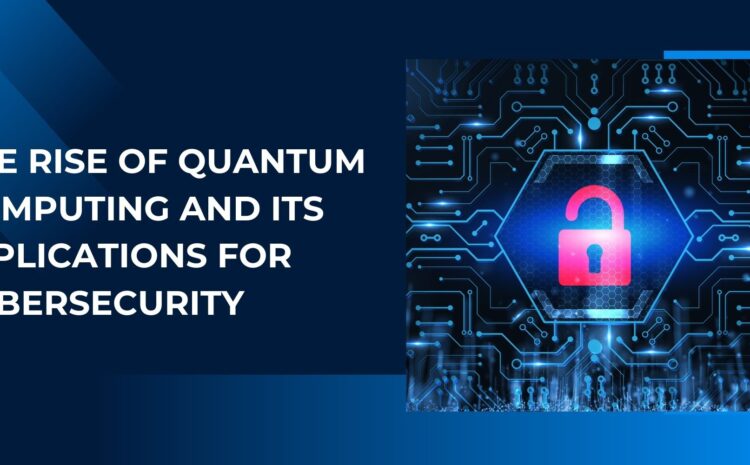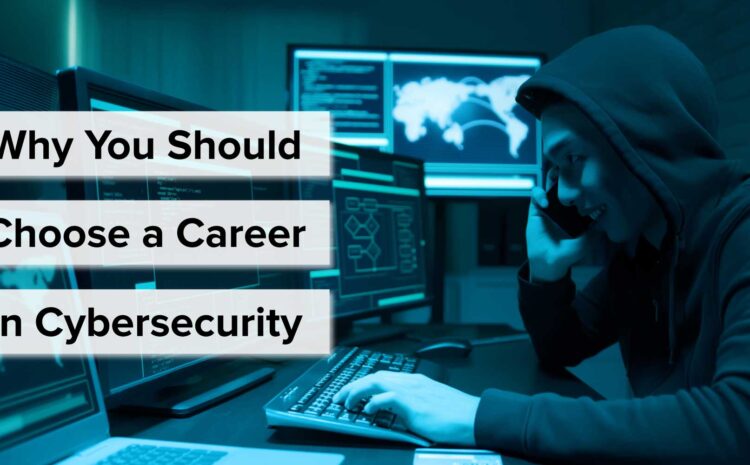Hi guys. 🙂 Welcome back. Grab your favorite drink, curl up in your favorite reading spot, and let us explore the fascinating world of cybersecurity education. In an era where connectivity is the norm, and digital landscapes shape lives, especially the younger generation, we feel understanding the importance of cybersecurity is important.
Before we jump into today’s article, let’s understand “Gen Z.” They’re the folks born between the mid-1990s and early 2010s, growing up with smartphones and social media. Now, let’s figure out why it’s important to empower them in cybersecurity.
In today’s interconnected world, cybersecurity is a crucial skill for everyone, but it holds a greater significance for Gen Z, the most digitally connected generation in history. As they navigate a landscape where everything is linked to the internet, from schoolwork to socializing, Gen Z becomes a prime target for cybercriminals.
Cyber threats evolve continuously, employing tactics like phishing scams and malware to exploit vulnerabilities. Gen Z, being less aware of these risks, may unwittingly fall victim to online attacks. Educating them on cybersecurity is paramount to their safety in the digital realm.
Starting cybersecurity education early is key. Elementary school is an opportune time to instill the importance of safeguarding personal information and recognizing online scams. Making education relevant to their lives involves addressing threats they’re likely to encounter, such as phishing scams and cyberbullying.
An interactive approach to cybersecurity education ensures engagement. Simulations and role-playing exercises provide hands-on learning experiences, making the lessons more memorable and practical. Leveraging technology, educational games, and apps can make the learning process enjoyable and effective.
Parents play a crucial role in this education. They should converse with their children about online risks, emphasizing the dangers of online predators and imparting practical tips for staying safe.
Specific topics for cybersecurity education include understanding various cyber threats – phishing scams, malware, identity theft, and cyberbullying. Gen Z should learn how to protect themselves online, incorporating practices like using strong passwords and two-factor authentication. Equipping them with the knowledge of what to do if they fall victim to cybercrime is equally essential, encouraging actions like reporting the incident and changing passwords promptly.
To further promote cybersecurity education for Gen Z, schools can incorporate dedicated courses and workshops. These sessions can cover the basics of cybersecurity, including creating robust passwords and recognizing phishing scams. Parents can continue their involvement by discussing cybersecurity risks and safety measures with their children.
Organizations also play a pivotal role in cybersecurity awareness campaigns. These initiatives raise awareness about the importance of cybersecurity and provide practical tips on staying safe online. By combining efforts at home, in schools, and through broader awareness campaigns, we can empower Gen Z to navigate the digital world securely.
In conclusion, cybersecurity education is an essential investment in the safety and well-being of Generation Z. By providing them with the knowledge and tools to protect themselves online, we pave the way for a generation that can confidently embrace the opportunities of the digital age.
Well, thanks for joining us here. Share your thoughts in the comments below—your feedback matters. Stay cyber-safe! See you next time with another exciting topic.




